What does it mean to be a conscious citizen? In her monthly column, senior strategic leader in sustainable and international development, Natasha Hafez explores and expounds on precisely that. Join in her journey towards humanity with purpose.
My love of water is one of the reasons why I am so inspired to travel. Ocean views, sounds of tidal cycles, and babbling brooks and streams have always had a relaxing and calming effect on me. The real estate marketplace shows that waterfront properties come with higher premiums, and tourism data suggests that consumers seeking ultimate luxury and relaxation pay more for water view upgrades at hotels. As a thalassophile, I can attest that oceans and waterways bring vast therapeutic and emotional benefits, beyond the economic and ecological value that the life and resources they contain provide us.
This week marks World Water Week, a leading global conference organised by Stockholm International Water Institute (SIWI). This annual event attracts researchers and decision-makers to catalyse change. With a theme of ‘Building Resilience’ (a fitting topic after the last 17 months), international businesses, organisations, and experts from all sectors and regions of the world convene to find sustainable solutions that address the world’s greatest water-related challenges.
As we witness the detrimental effects of climate change, from extreme temperatures leading to droughts and ravaging wildfires to life-threatening floods, cyclones, and hurricanes spreading waterborne illness, the need to tackle the water crisis has never been clearer.
Such hazardous weather patterns contaminate or destroy entire water cycles, impacting supplies and access, worsening poverty levels, making it increasingly difficult to access basic survival necessities, including drinking water, food, shelter, education, and healthcare. Droughts stunt food supplies and contribute to malnutrition and starvation. When natural disasters like cyclones or flooding occur, shelters and health clinics are destroyed and communities fall ill from exposure and waterborne illness. When a well dries up, young girls are the ones that must miss school to collect water for their families. This builds barriers for them to obtain an education, preventing young women from entering the workforce and supporting family income, furthering gender inequities.
Furthermore, when water resources diminish, the inability to wash our hands becomes a major threat in our fight against COVID-19 and other diseases. Access to clean water is our first level of personal protective equipment (PPE) that helps stop the spread of disease sweeping our globe. COVID-19 and the Delta variant underscore the need for universal access to clean water to combat the pandemic. Now is the time to invest in the well-being of people, economies, societies, and our planet.
It’s a river we can cross, if we can cross it together. The pandemic and the climate crisis have heightened our awareness of how vulnerable and at-risk we are; we must strive to become more resilient. To achieve fast-track change, massive transformations are needed, and all of them are linked to water.
Still feel like a fish out of water when it comes to the climate and water crisis? If you need a crash course, or want to stay current (pun intended), join UN Deputy Secretary-General, Amina Mohammed; Director of the Department of Public Health and Environment at the World Health Organization, Maria Neira; and thousands of others representing 170 nations at World Water Week. With over 400 virtual sessions and roundtables on innovation, biodiversity, climate change, poverty reduction, energy, and more, the diverse line-up of interesting speakers and topics has something for everyone. Check out the full programme and register here to get your free ticket or buy a full-access networking pass.
With knowledge comes power, and the best thing we can do right now is engage, learn, and take action. When we take action our lives get a meaning; when we get a meaning in life we feel gratified.
After all, what could be more thirst-quenching than water?
Yours,
The Conscious Citizen
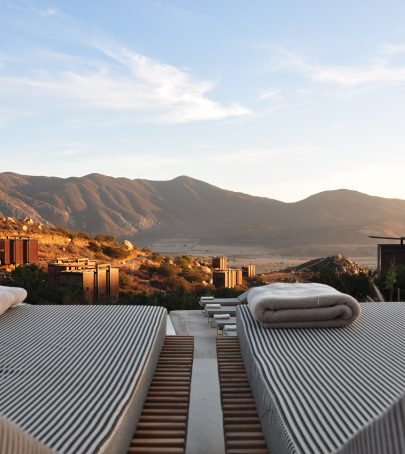
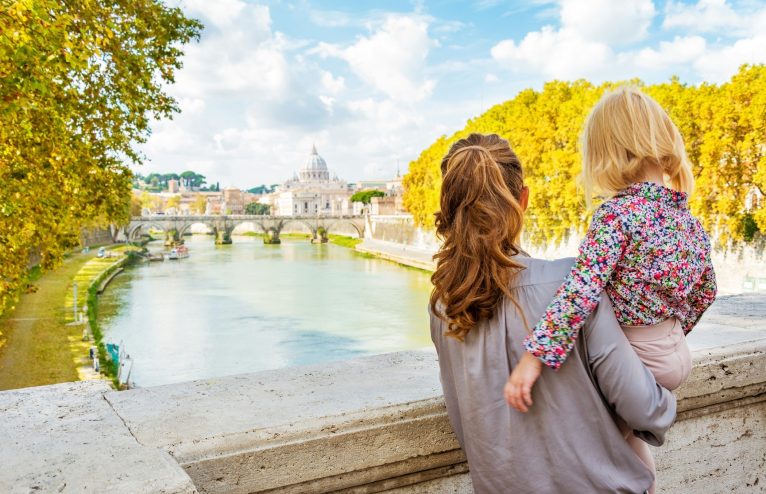
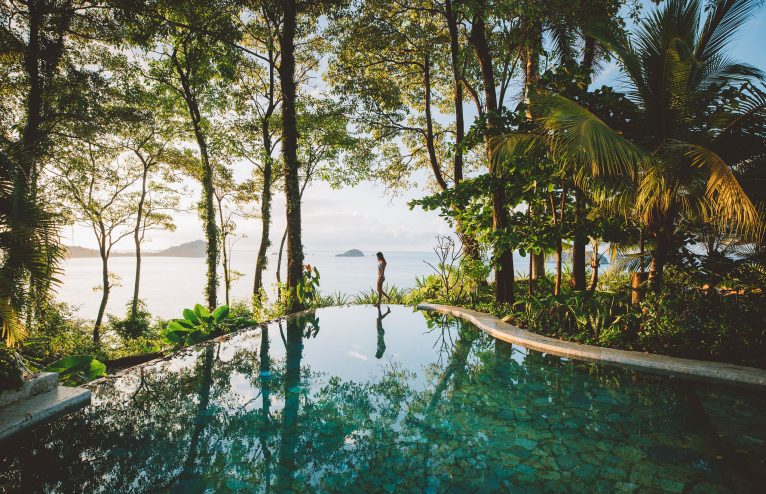


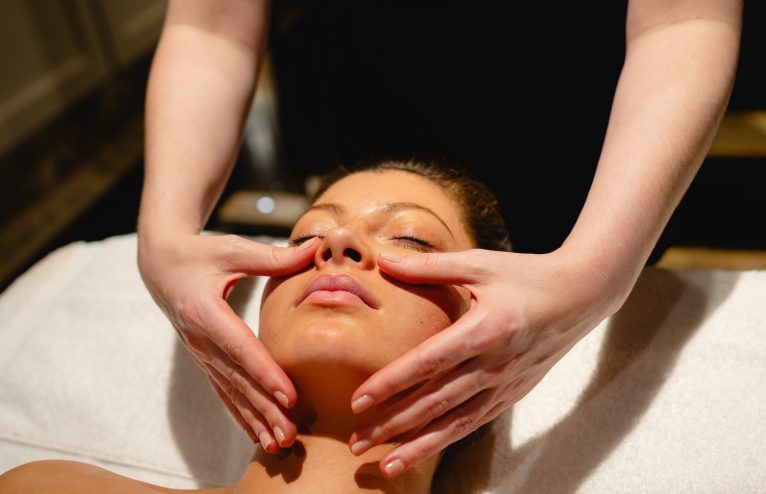
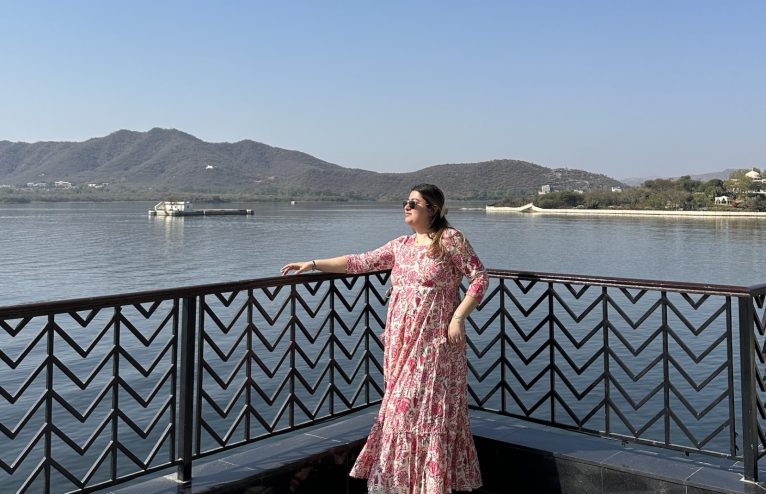
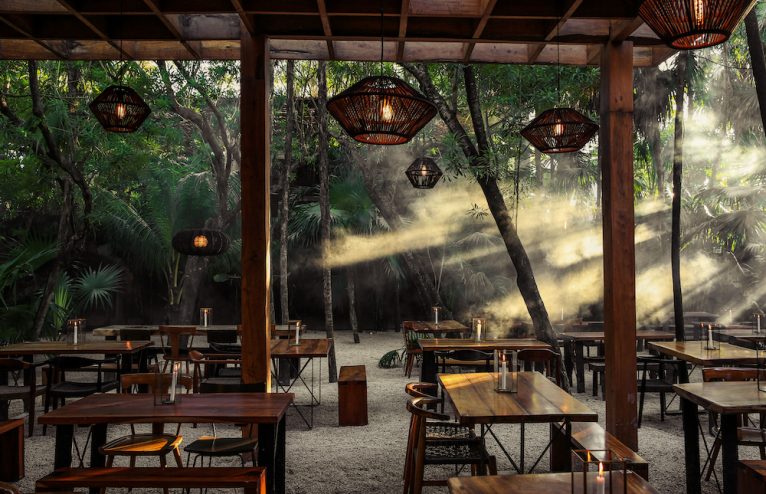
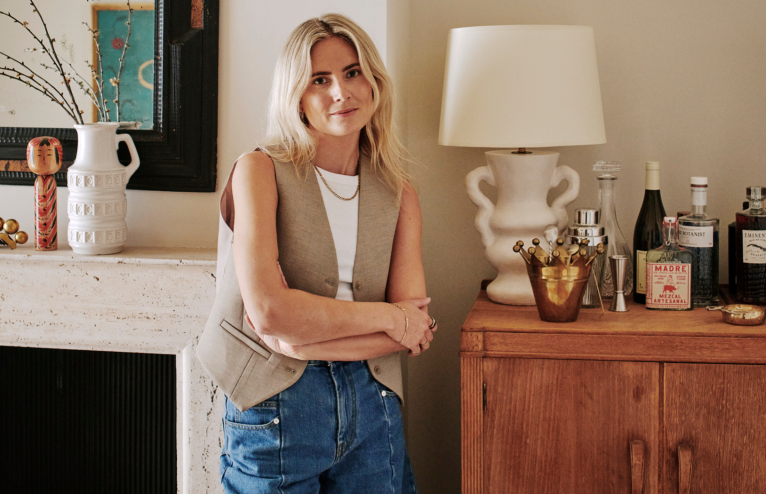
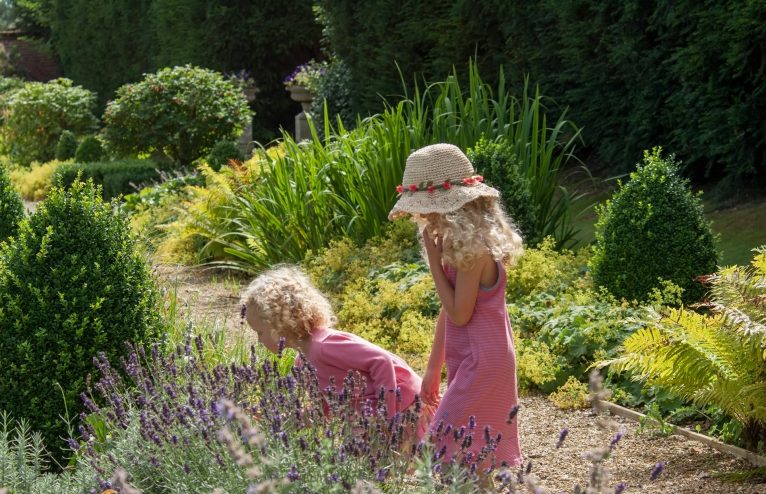
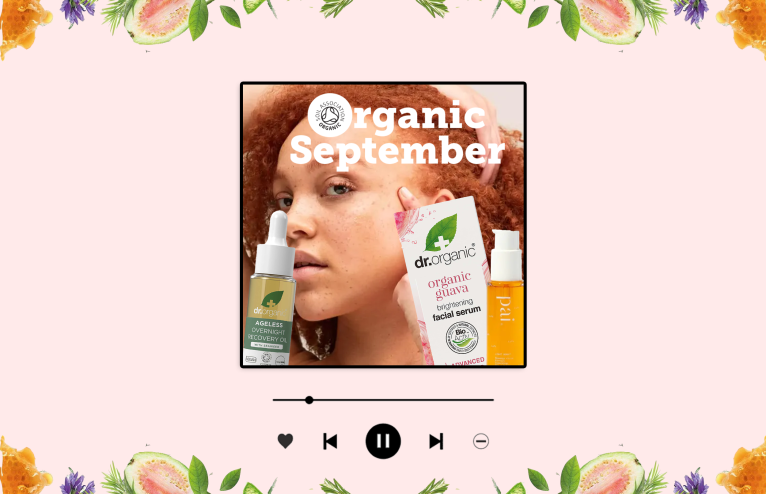
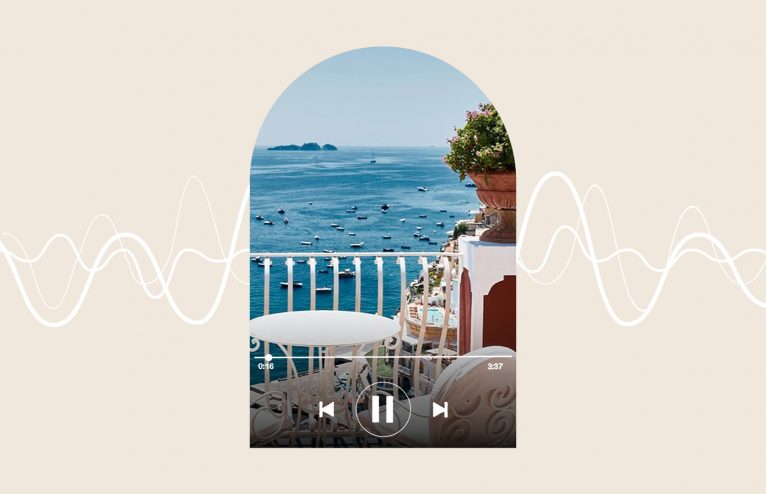
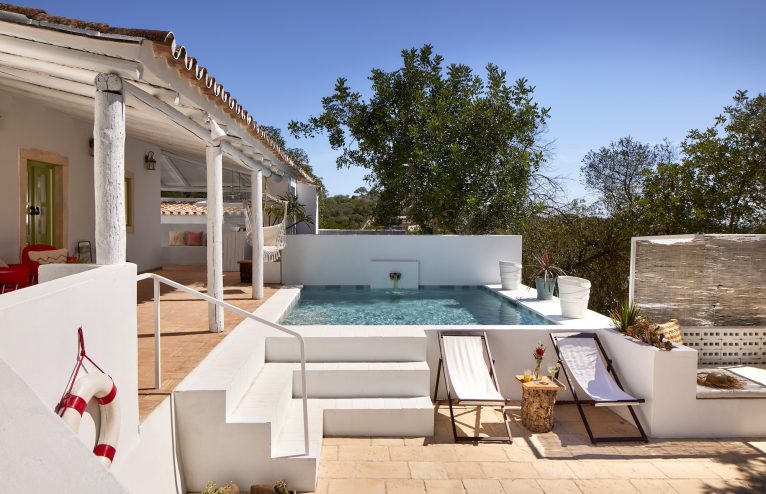
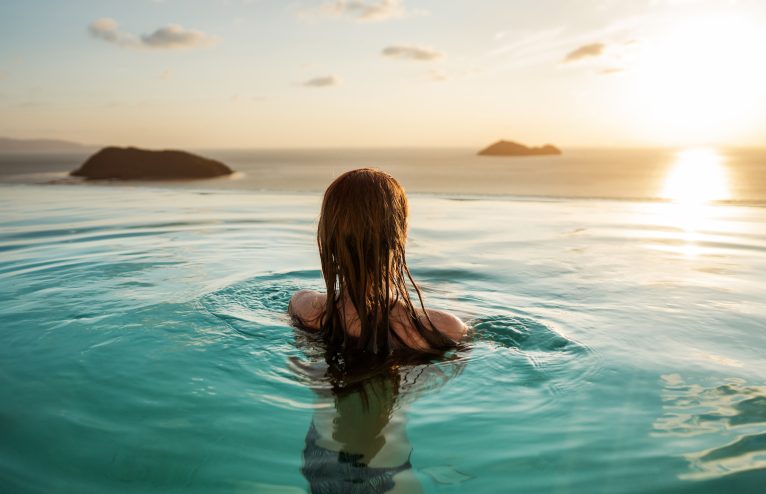

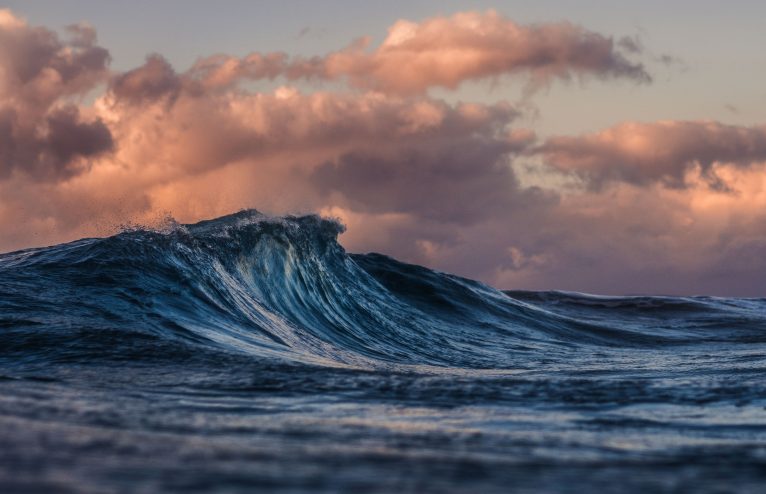
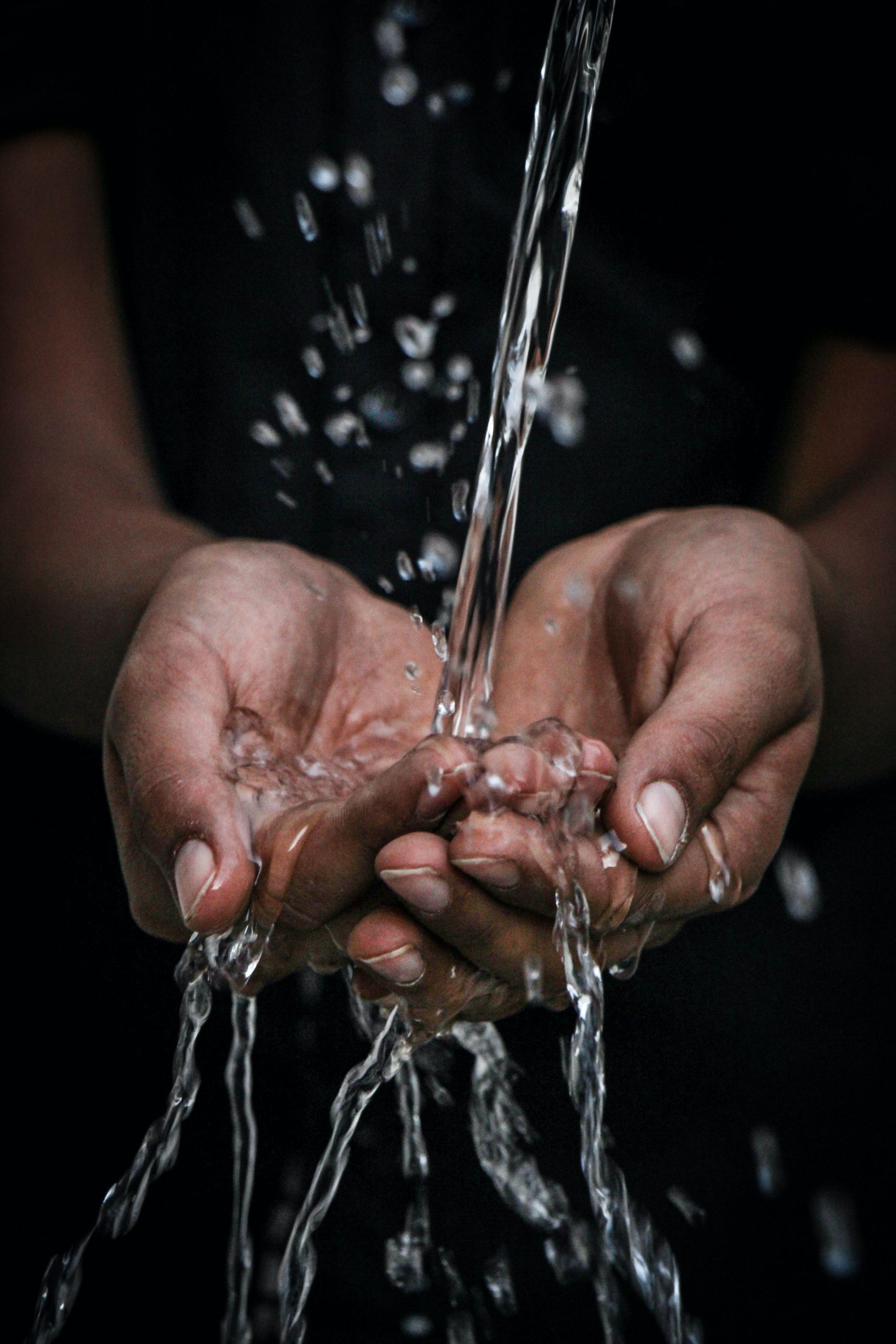

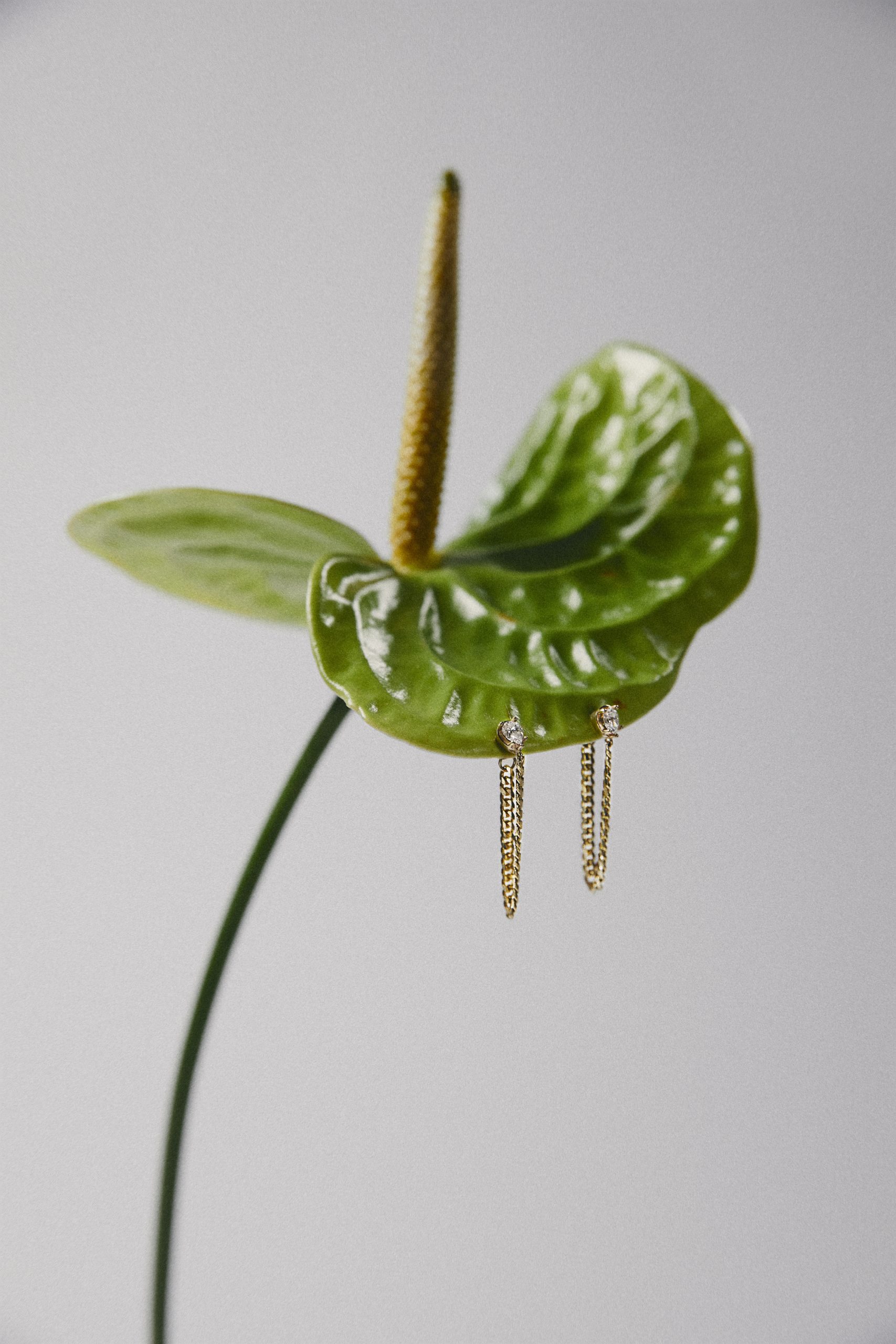



Any Questions or Tips to add?